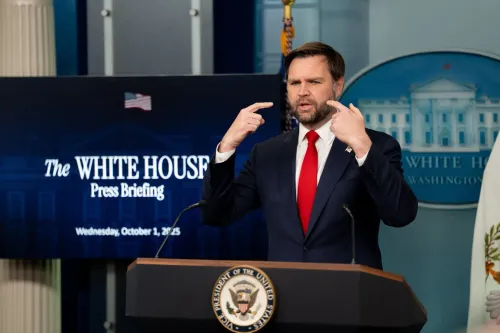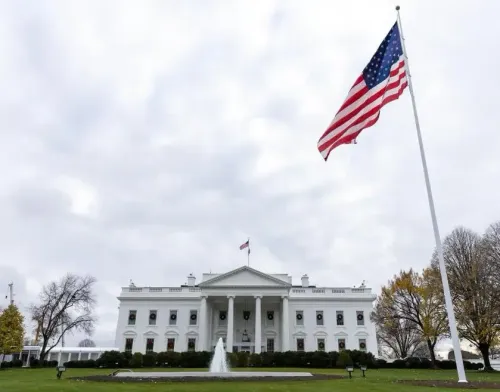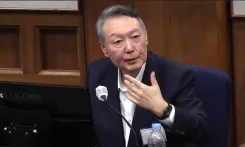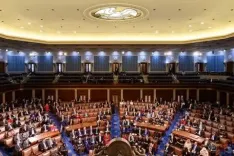Is the Ban on Caste-Based Rallies Justified? UP Minister Sanjay Nishad Thinks Not
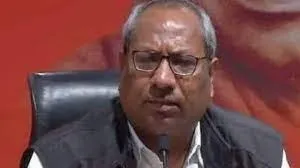
Synopsis
Key Takeaways
- Minister Sanjay Nishad opposes the ban on caste-based rallies.
- The ban aims to promote social harmony but could silence marginalized voices.
- The decision may impact the ongoing caste census.
- Nishad emphasizes the need for justice and representation in democracy.
- The importance of caste references in governance is highlighted.
New Delhi, Sep 24 (NationPress) The Minister of Uttar Pradesh and head of the Nishad Party, Sanjay Nishad, has voiced his dissent against the state government's recent decision to prohibit caste-based rallies and the inclusion of caste references in official documents. Describing the action as "not right", Nishad expressed his intention to reach out to the government, advocating for a reconsideration of this move.
"This decision is not right. The government should reassess it, and I will draft a letter to them," Nishad informed IANS, who holds the position of Minister for Fisheries in the Uttar Pradesh administration.
In alignment with a recent ruling from the Allahabad High Court, the Uttar Pradesh government has released orders prohibiting caste-based rallies statewide. This decision also requires the elimination of caste references from public spaces, police FIRs, arrest memos, and governmental records. The Chief Secretary has instructed all departments to adhere strictly to the court’s verdict.
While Nishad acknowledged the court's aim to maintain social harmony, he stressed that a total ban could stifle the democratic rights of marginalized groups.
"If the court has issued this directive, it is the responsibility of all to respect it. However, if the objective is to silence the voices of communities that have endured historical injustices, then a review is essential," he stated.
"These groups were designated as criminal castes due to their identity. They were displaced because of their caste. Now, if they are unable to even organize or seek justice, how will they ever secure their rightful place in democracy?"
Nishad referenced findings from the Social Justice Committee, which highlighted inequalities in the allocation of government benefits among OBC sub-castes.
"The Milkman secured 27 percent, the Leatherman obtained 23 percent. What about the others? If communities do not come together and voice their concerns, how will they claim their fair share?" Nishad questioned.
He also expressed worry regarding the ongoing caste census and queried how caste-based certificates for SC, ST, and OBC groups would operate if caste identities are entirely removed from public records.
"The Constitution allows for caste certification. How can you eliminate caste from documents? This issue transcends mere identity; it is fundamentally about justice. If individuals face job scarcity due to their caste, how will they endure?"
Nishad concluded by reaffirming his dedication to addressing the matter at the highest levels: "I will certainly engage with the government. I will also compose a letter, as this decision impacts the rights and dignity of entire communities."


